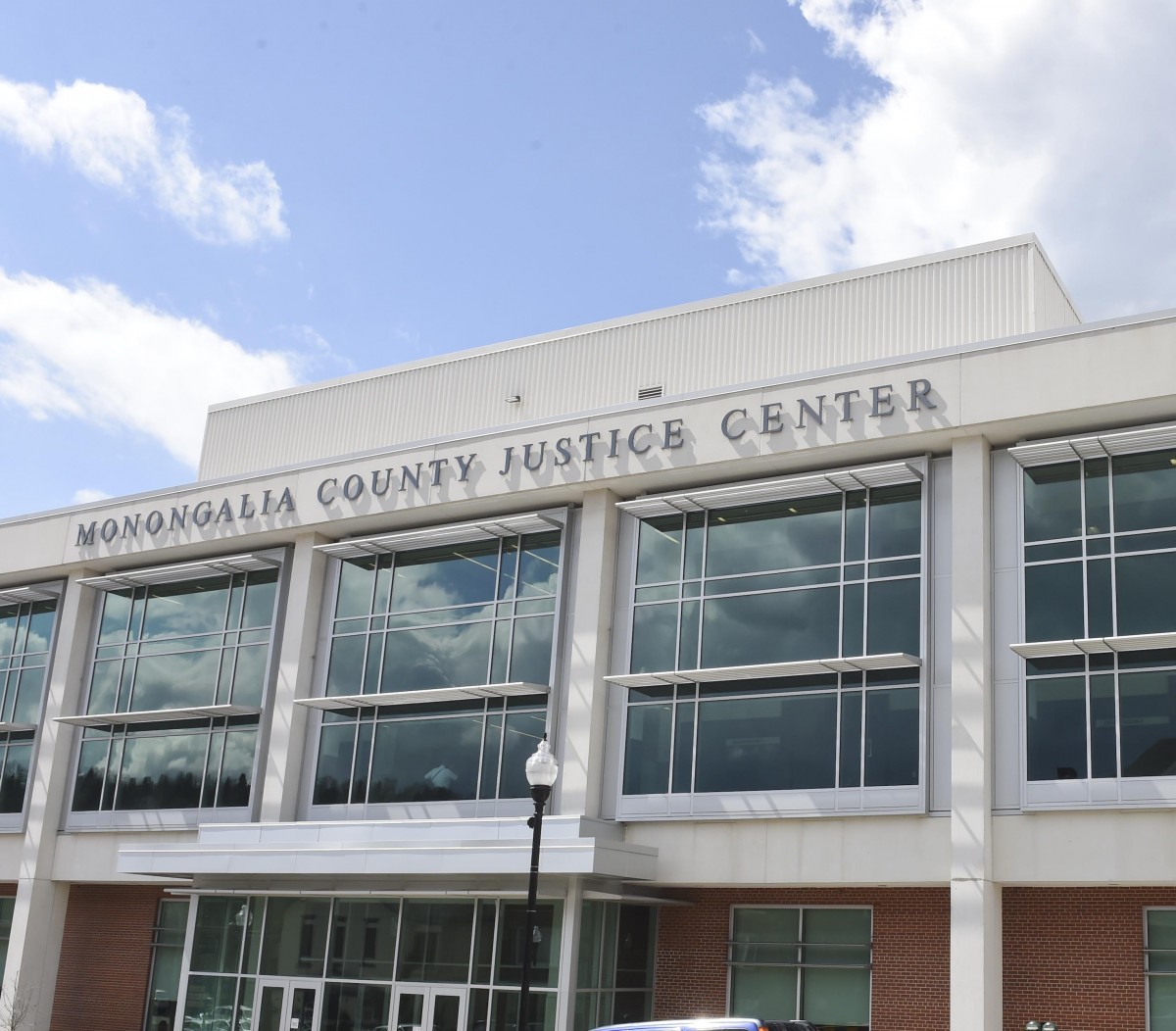MORGANTOWN — Monongalia County’s four magistrates were each assigned about 2,500 cases in 2017, split between criminal, civil and special proceedings. With a caseload among the highest in the state, most cases are allotted just 15 minutes in an effort to keep up with demand, but a bill in the senate could provide some relief.
“Just to tread water around here to keep up with the cases, I mean, I work double shifts and it’s usually my call week,” Magistrate Sandy Holepit said.
Chief Magistrate Hershel Mullins said he also frequently works during his call week to keep up with the demand.
For perspective, each of Kanawha County’s magistrates had about 2,160 cases in 2017.
Kanawha County had more than double the number of criminal cases – 15,232 compared to Mon’s 6,955, according to 2017 data from the Supreme Court of Appeals of West Virginia. The home of the state’s capitol has 10 magistrates.
Some counties have low caseloads. Wirt County had 305 criminal cases in 2017. Mullins said state law mandates each county has a minimum of two magistrates – which is what Wirt County has.
Magistrates in Monongalia County work in a four-week cycle and only two of those weeks are allotted to hearing cases, Mullins said.
One week is spent as the intake magistrate. That magistrate is responsible for handling all of the court’s walk-in business, Mullins said. The intake magistrate holds arraignments, sets bond for people who have been arrested, hears and issues protective orders and signs warrants requested by law enforcement during the day.
The next week is spent on-call – essentially the night shift. The on-call magistrate holds an evening arraignment session, handles any overnight arraignments as needed and is available throughout the night for warrants.
Mullins said it’s not uncommon to come into work two or three times a night. Warrants can be signed at a magistrate’s home thanks to a rule change a few years ago, Holepit said. Mullins said a lot of nights he goes to sleep and doesn’t get woken up, but he always keeps one ear on the phone.
“You never get a good night sleep,” he said.
Lastly, a magistrate will hear cases for two weeks. Every case, felony and misdemeanor, begins with a preliminary hearing in Magistrate Court within 10 days of a defendant’s arrest if they have not posted bond and 20 days if they have, Mullins said. Felony cases are then bound-over to circuit court while misdemeanor cases stay in magistrate court.
Each case generally has several hearings. Every case requires a defendant be given six-weeks of notice through the mail prior to the first hearing, Mullins said. Additionally, domestic violence cases require a mandatory check-up hearing every 60 days to make sure a defendant is following the terms and conditions of bond, he said.
As a result, a domestic violence case that takes six months to complete requires at least three hearings, Mullins said. Cases can also have hearings to argue over motions, such as excluding evidence from a case or asking for a reduction in bond. Motion hearings can involve technical and complicated legal arguments that further reduce the number of cases that can be heard in a day.
“It’s not just one hearing, boom, then you’re done,” Mullins said.
Each hearing takes up one of 24 spots on a day’s docket, assuming each hearing only gets 15 minutes, Mullins said.
A fifth magistrate would change the work rotation to a five-week cycle, meaning three magistrates hearing cases each week instead of just two, and reduce the number of cases each magistrate receives, he said. Each of the five magistrates would also have 30 weeks a year to hear cases, rather than 26.
“An extra month in court is a lot of time,” Mullins said. “It means a lot whenever you’re trying to work a caseload.”
Sen. Charles Trump (R – Morgan), chair of the Senate Judiciary Committee, has introduced a bill to re-organize the state’s magistrates. SB 261 would give Monongalia County a fifth magistrate and reduce the total number of magistrates serving the state to 148. There are currently 158, according to the West Virginia Judiciary website.
Multiple calls to Trump’s office asking to discuss the bill were not returned.
Sen. Bob Beach (D – Monongalia), who serves on the Senate Judiciary Committee, said he’s very much in favor of a fifth magistrate for Monongalia County.
“For many years, even when I was in the house, I would introduce bills to give a fifth magistrate,” he said.
However, SB 261 would reduce the number of magistrates in Marion County, which Beach also represents, from four to three. Beach said he plans to discuss retaining Marion’s fourth magistrate with Trump. In 2017, Marion County magistrates were assigned about 1,065 cases each.
Trump’s proposed bill would take effect Jan. 1, 2021 – after the 2020 elections during which magistrates will run for office.
Mullins said that if no action is taken by the Legislature this session, there won’t be enough time to change the law for 2020’s elections.
The bill will save the state money, Beach said. Each magistrate makes roughly $55,000 a year, so cutting 10 across the state will save over half a million dollars.
If SB 261 passes, Monongalia County is ready to accept the new magistrate. When the Justice Center was built, Mullins was able to look over the plans and made sure there were enough courtrooms and office space for six magistrates.
He said the building was designed to be used for 50 years and if Monongalia County’s past growth was an indicator of the future, the space would be needed.




